Distracted Drivers: More than One Cause
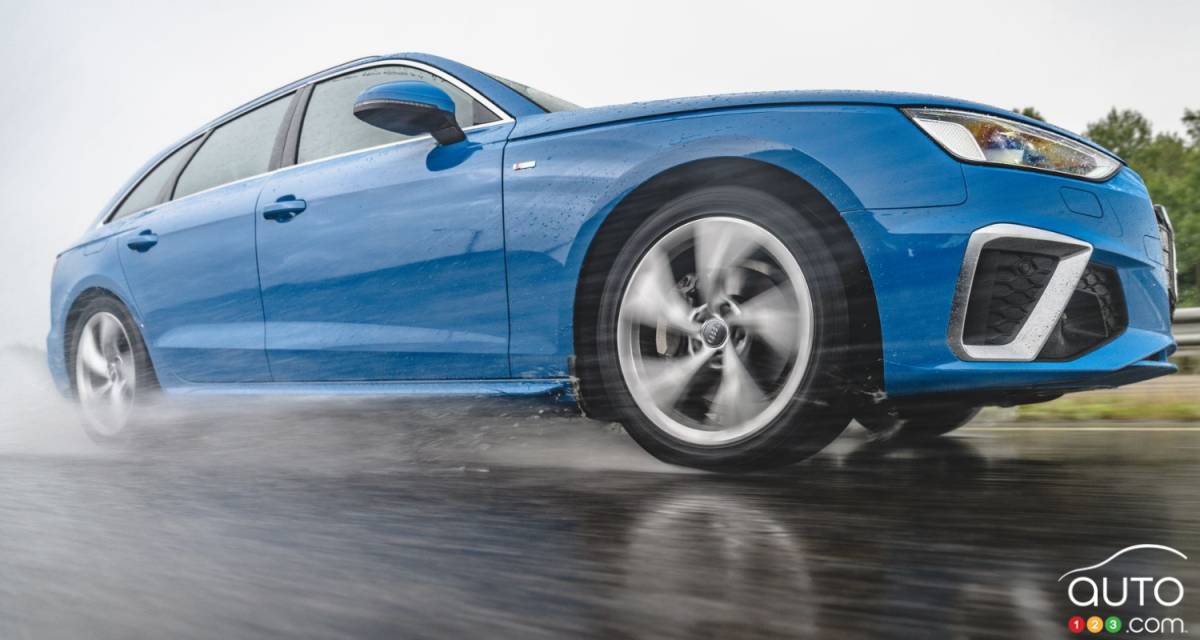
 7/20/2023
7/20/2023


Distracted Drivers: More than One Cause
7/20/20237 automotive technologies under the microscope
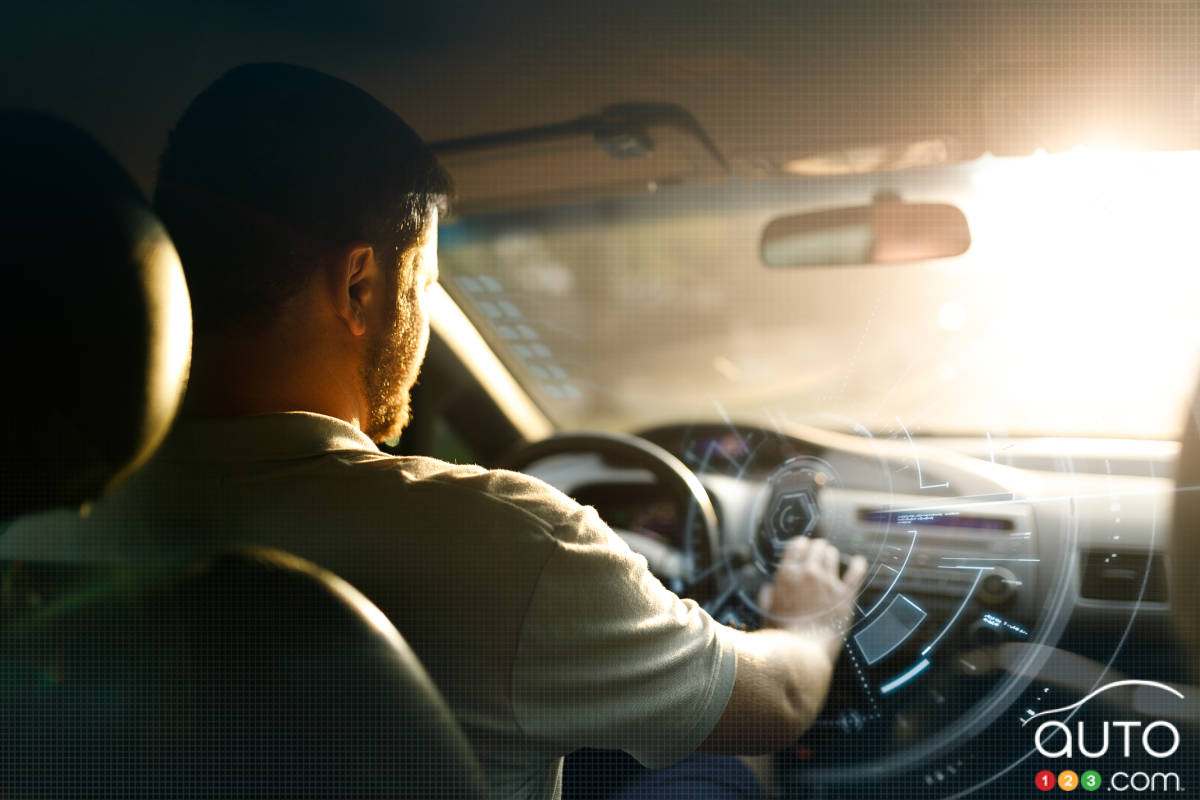
 7/19/2023
7/19/2023


7 automotive technologies under the microscope
Discover the latest advances, the most exciting trends in the latest automotive technologies. Whether you're an automotive enthusiast or an advanced technology enthusiast, this article is for you.
7/19/20232023 GMC Acadia Review: Your Questions, Our Answers
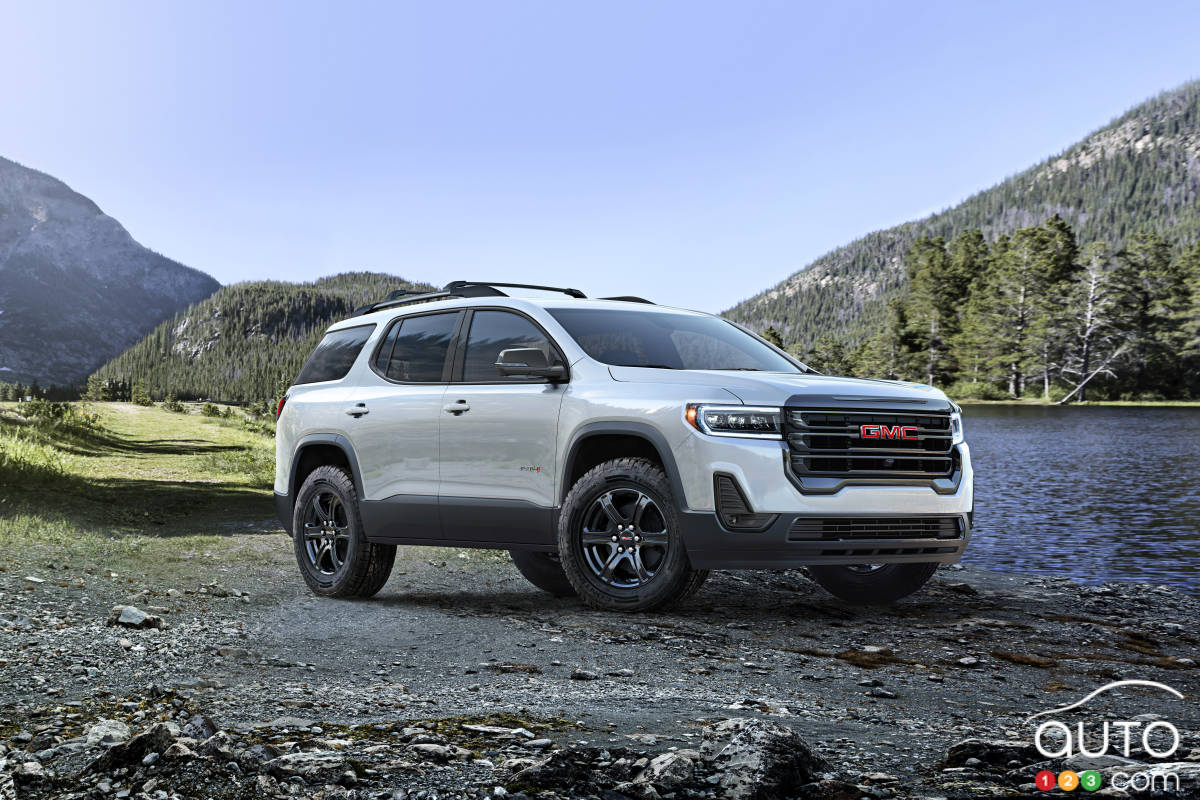
 6/30/2023
6/30/2023


2023 GMC Acadia Review: Your Questions, Our Answers
6/30/2023Mercedes-Benz G-Class: Special Editions and the End of the V8

 6/30/2023
6/30/2023


Mercedes-Benz G-Class: Special Editions and the End of the V8
6/30/2023Infiniti Previews Four Future Models at Dealer Meeting
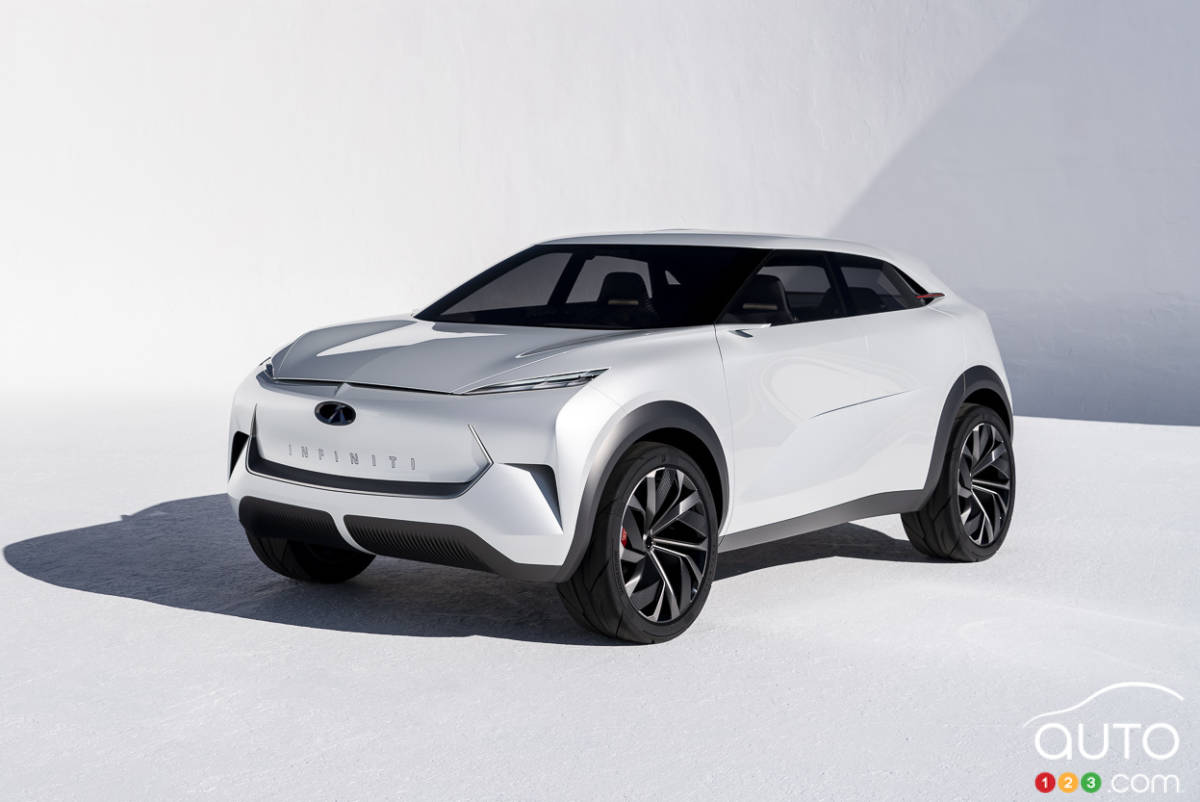
 6/29/2023
6/29/2023


Infiniti Previews Four Future Models at Dealer Meeting
6/29/2023Hyundai Canada Announces Partnership with Connor Bedard
fr.jpg)
fr.jpg) 6/29/2023
6/29/2023
fr.jpg)
fr.jpg)
Hyundai Canada Announces Partnership with Connor Bedard
6/29/20232024 Mazda3, Mazda3 Sport Pricing, Details for Canada
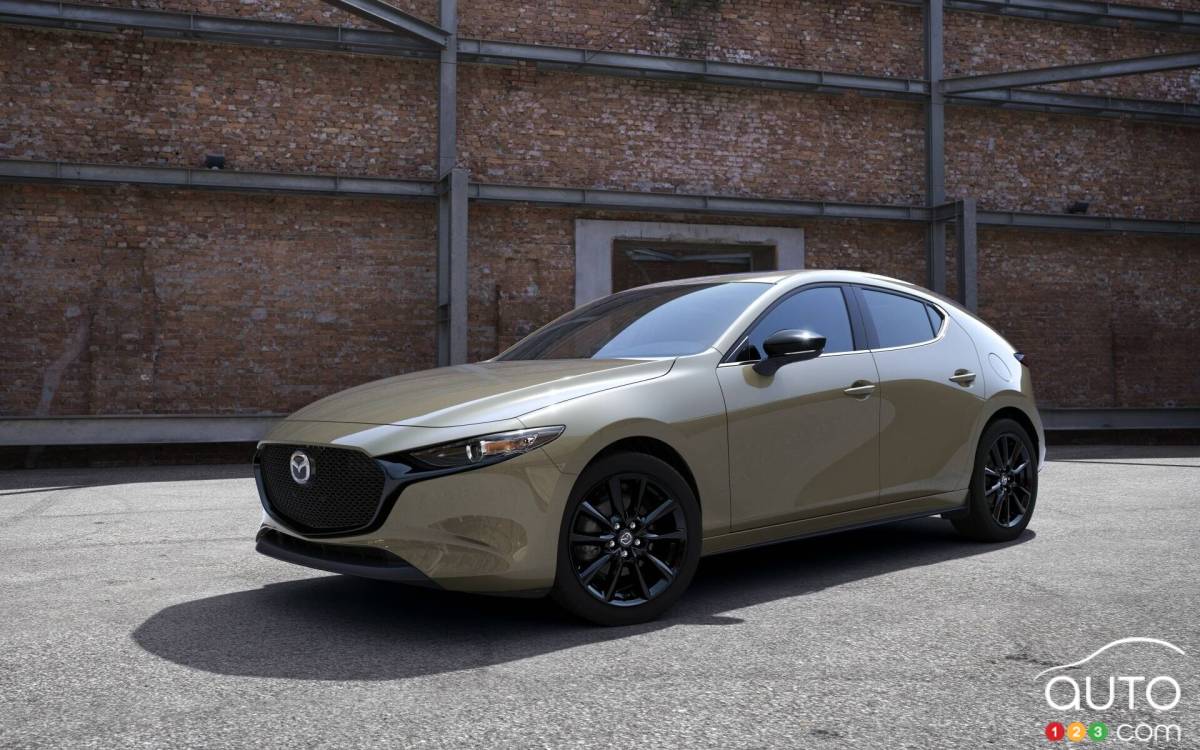
 6/29/2023
6/29/2023


2024 Mazda3, Mazda3 Sport Pricing, Details for Canada
6/29/2023Ram Rampage Off to Rip-Roaring Start in Brazil
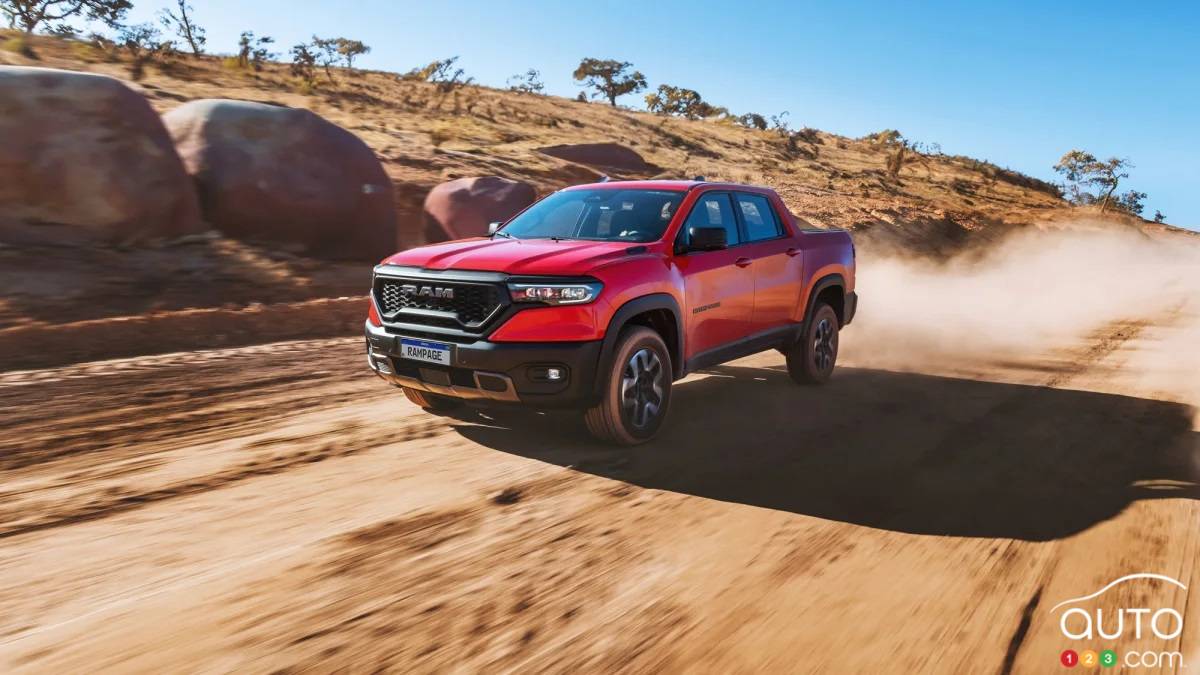
 6/28/2023
6/28/2023


Ram Rampage Off to Rip-Roaring Start in Brazil
6/28/2023Volvo Confirms Integration of Tesla’s NACS EV Charging Ports
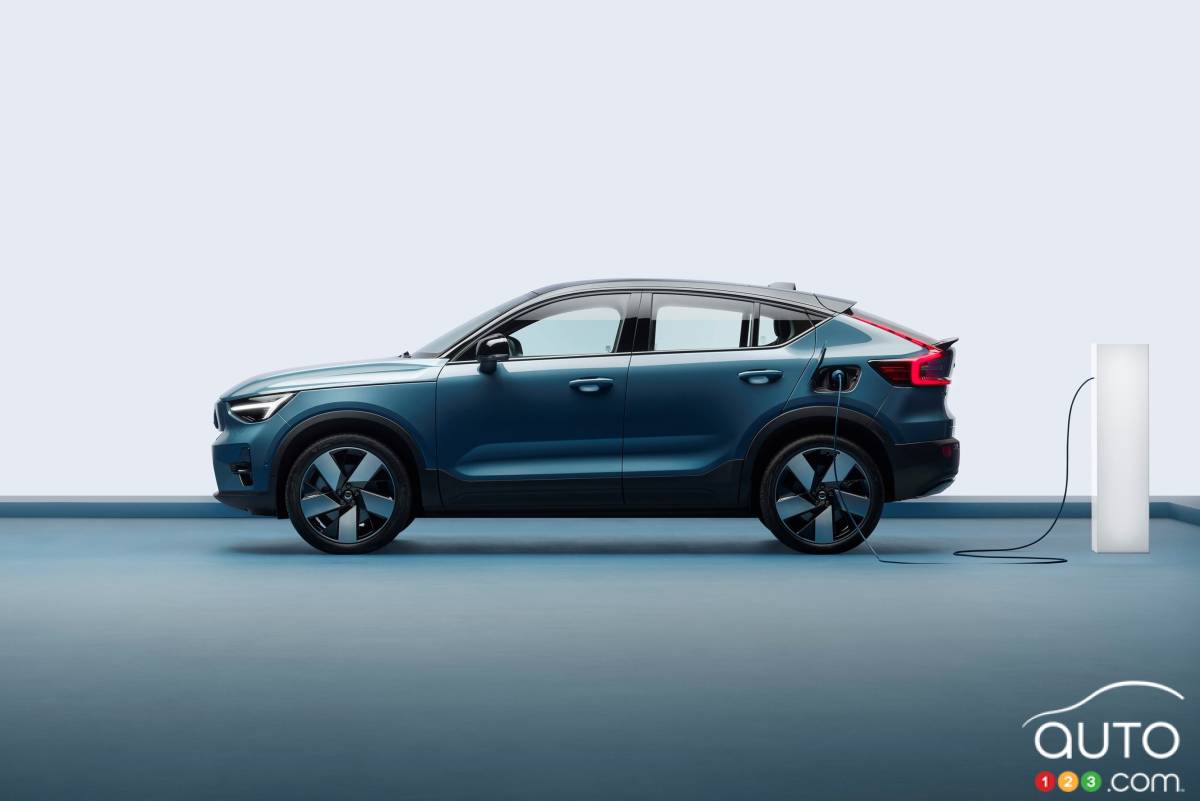
 6/28/2023
6/28/2023


Volvo Confirms Integration of Tesla’s NACS EV Charging Ports
6/28/2023Hyundai Will Build Another North American Assembly Plant – and It Could Be in Canada
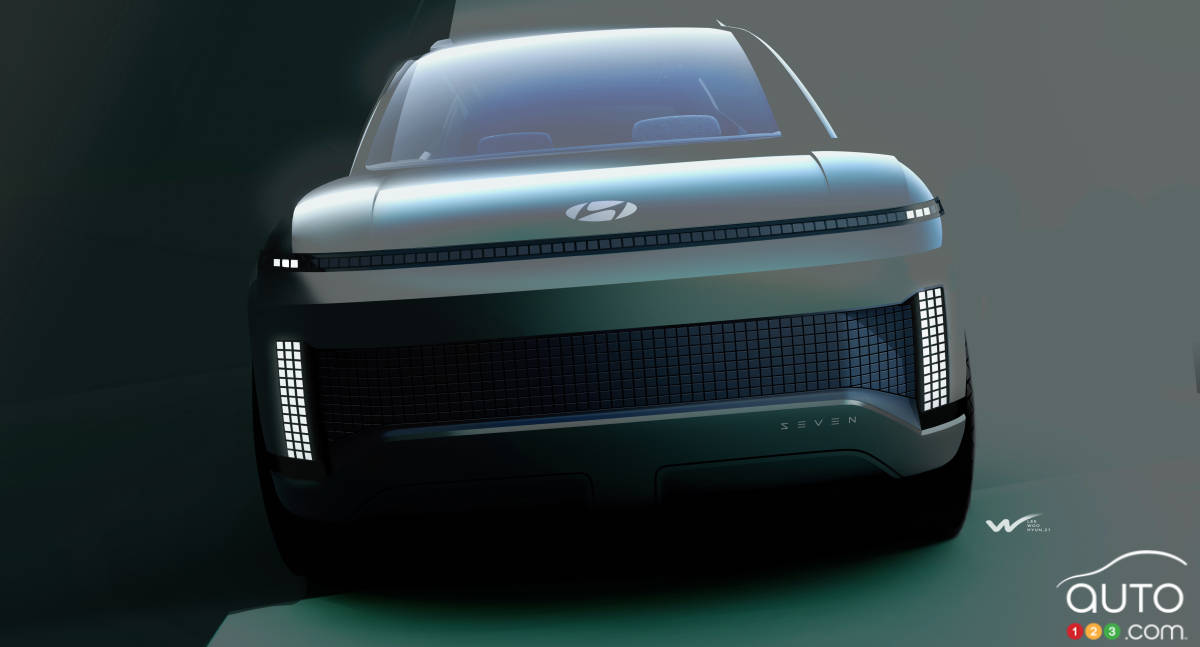
 6/28/2023
6/28/2023


Hyundai Will Build Another North American Assembly Plant – and It Could Be in Canada
6/28/2023Leave nothing to chance and make your trip a success with our valuable tips.

 6/28/2023
6/28/2023


Leave nothing to chance and make your trip a success with our valuable tips.
Découvrez comment réussir la planification de votre prochain voyage avec ces astuces et conseils pratiques.
6/28/20232024 BMW X1 M35i xDrive Debuts, Flexing Aggressive Styling and the iDrive 9 Interface
fr.jpg)
fr.jpg) 6/28/2023
6/28/2023
fr.jpg)
fr.jpg)
2024 BMW X1 M35i xDrive Debuts, Flexing Aggressive Styling and the iDrive 9 Interface
6/28/2023Volkswagen’s New Electric Platform Coming by 2026
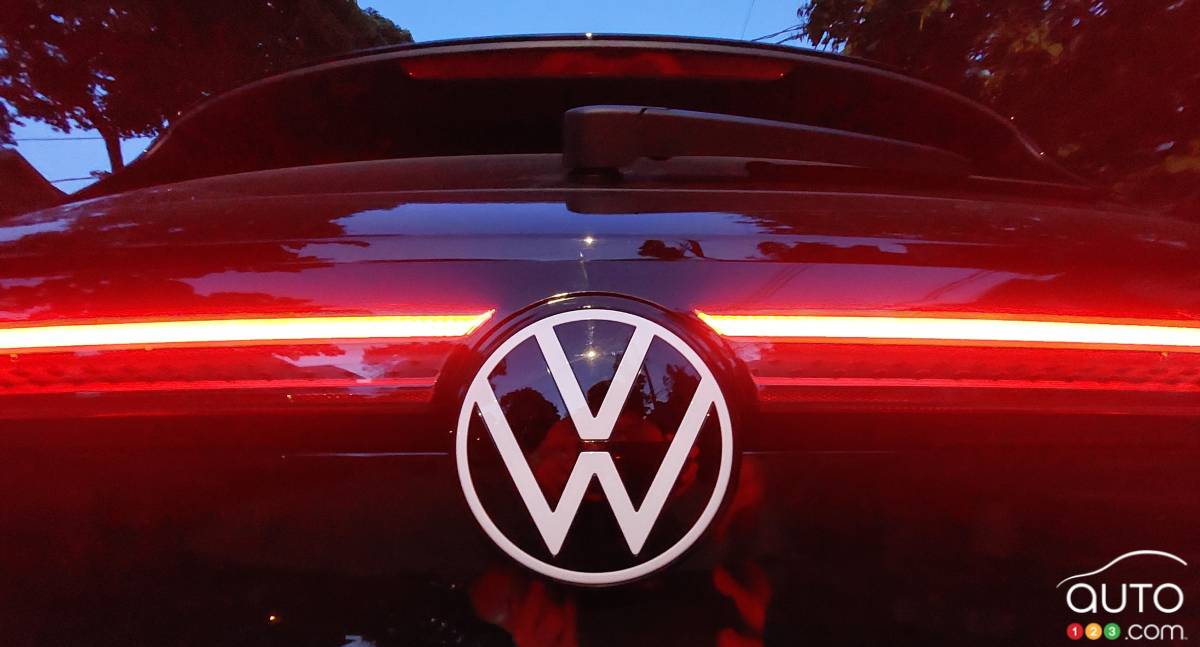
 6/27/2023
6/27/2023


Volkswagen’s New Electric Platform Coming by 2026
6/27/2023Lordstown Motors Files for Bankruptcy Protection
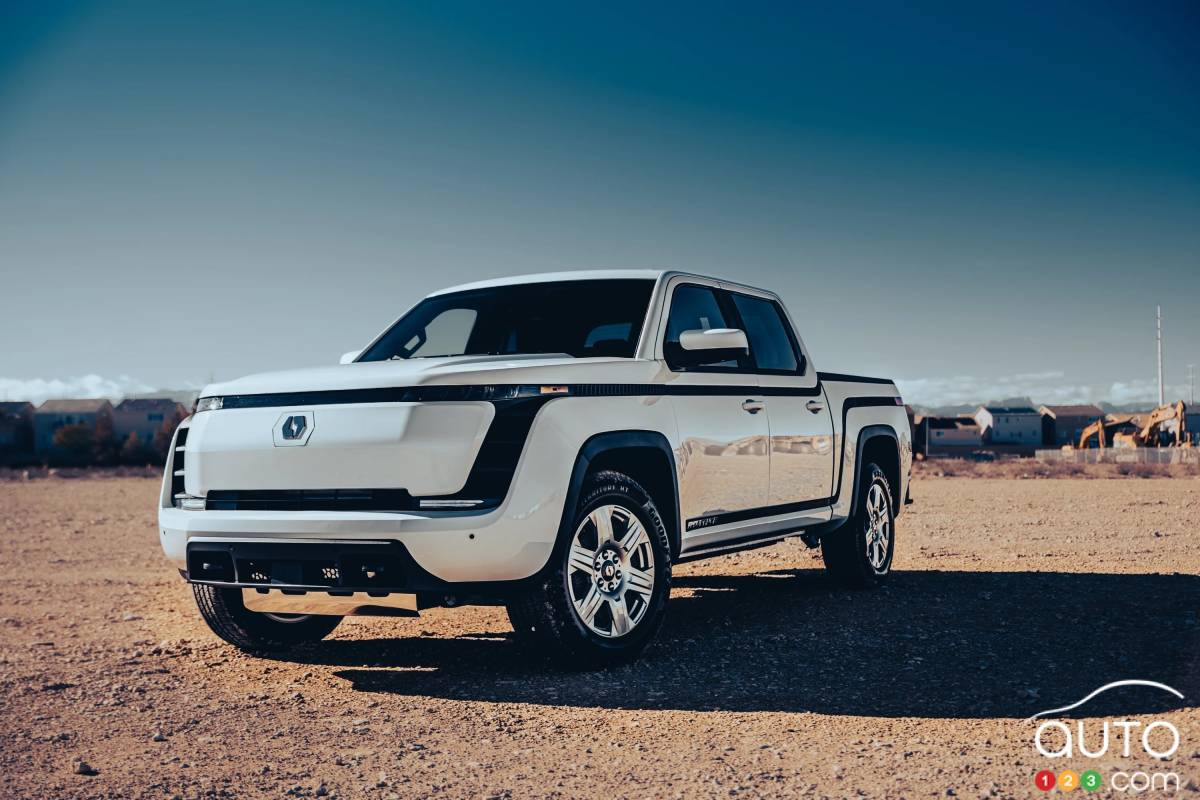
 6/27/2023
6/27/2023


Lordstown Motors Files for Bankruptcy Protection
6/27/20232024 Audi RS6 and RS7 Performance First Drive: The Ideal Car Exists
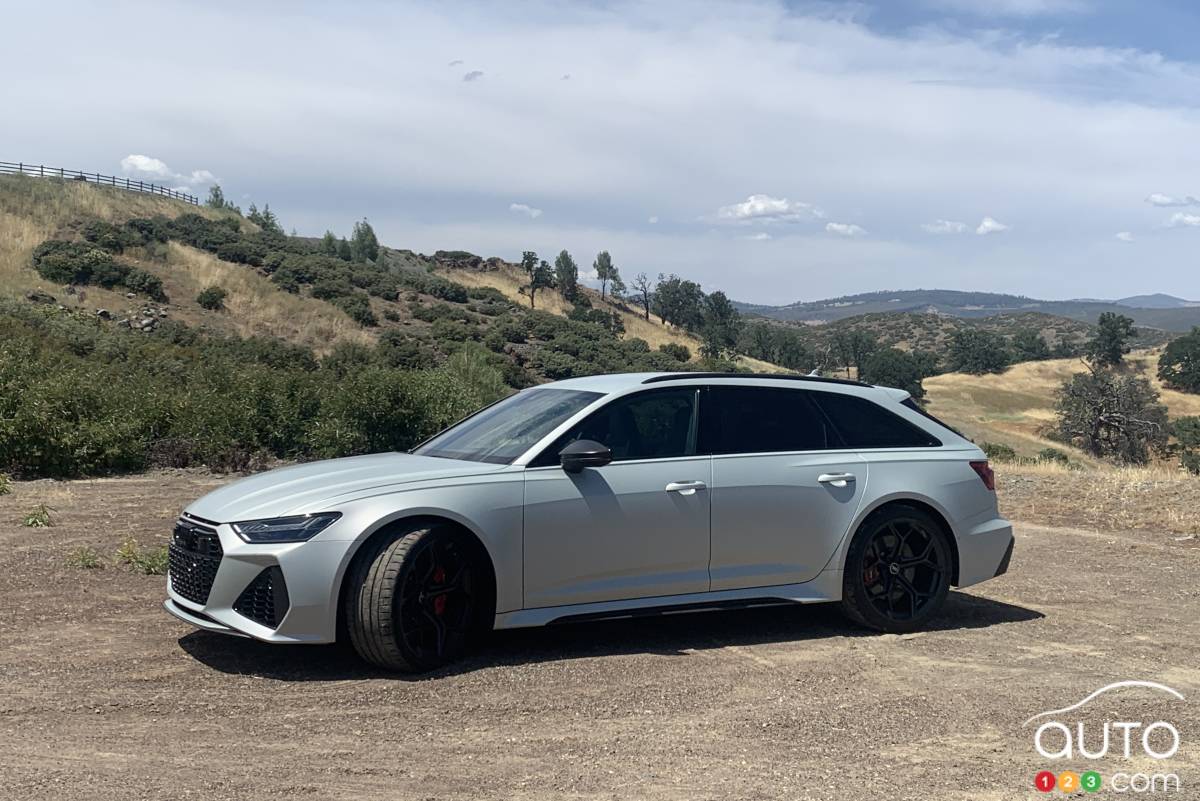
 6/27/2023
6/27/2023
2024 Audi RS6 and RS7 Performance First Drive: The Ideal Car Exists
6/27/2023Aston Martin Will Use Lucid Motors' EV Technology
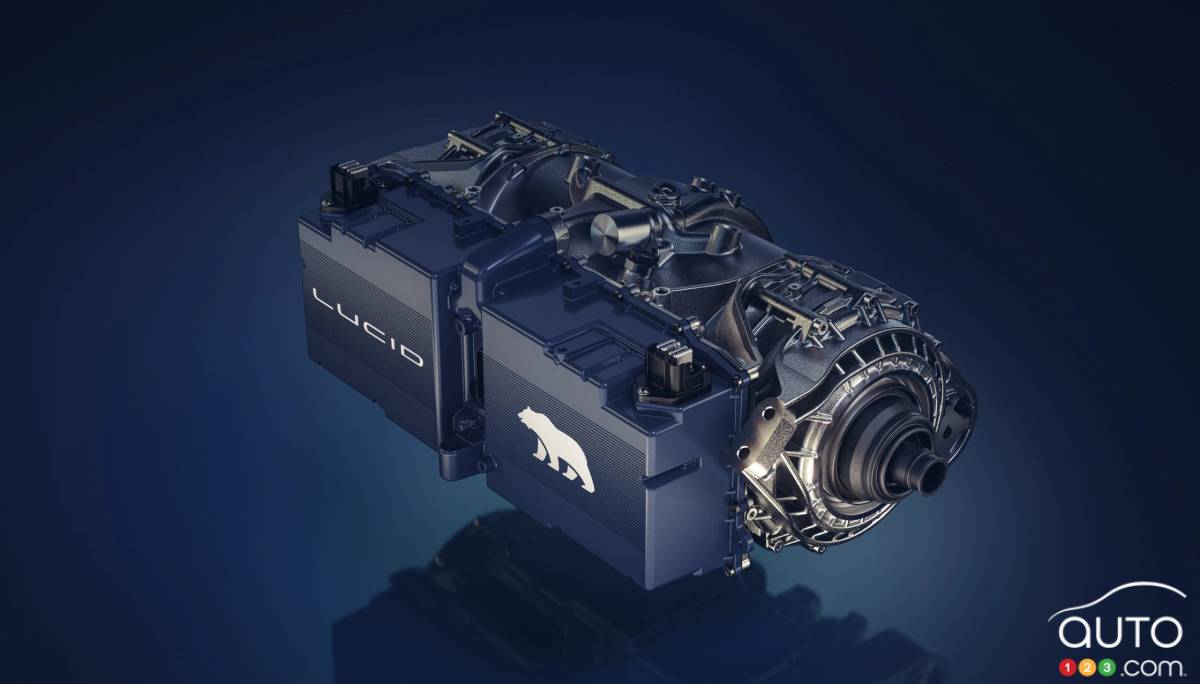
 6/27/2023
6/27/2023


Aston Martin Will Use Lucid Motors' EV Technology
6/27/2023Volkswagen Boss Nixes Idea of a Future Electric Beetle
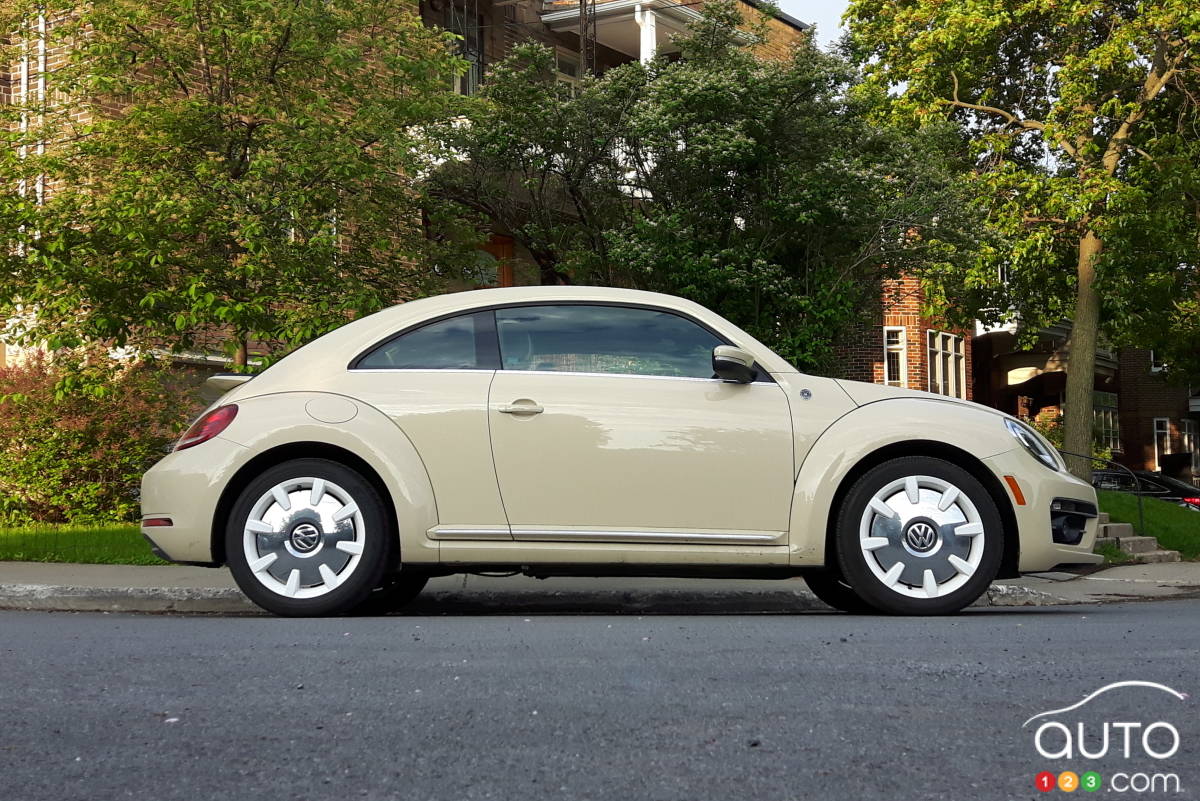
 6/26/2023
6/26/2023


Volkswagen Boss Nixes Idea of a Future Electric Beetle
Le PDG de Volkswagen affirme qu'il n'y aura pas de futur véhicule électrique portant le nom de Beetle. « Il y a certains véhicules qui ont fait leur temps », a-t-il expliqué.
6/26/2023Nissan Z NISMO Could Get Only an Auto Transmission
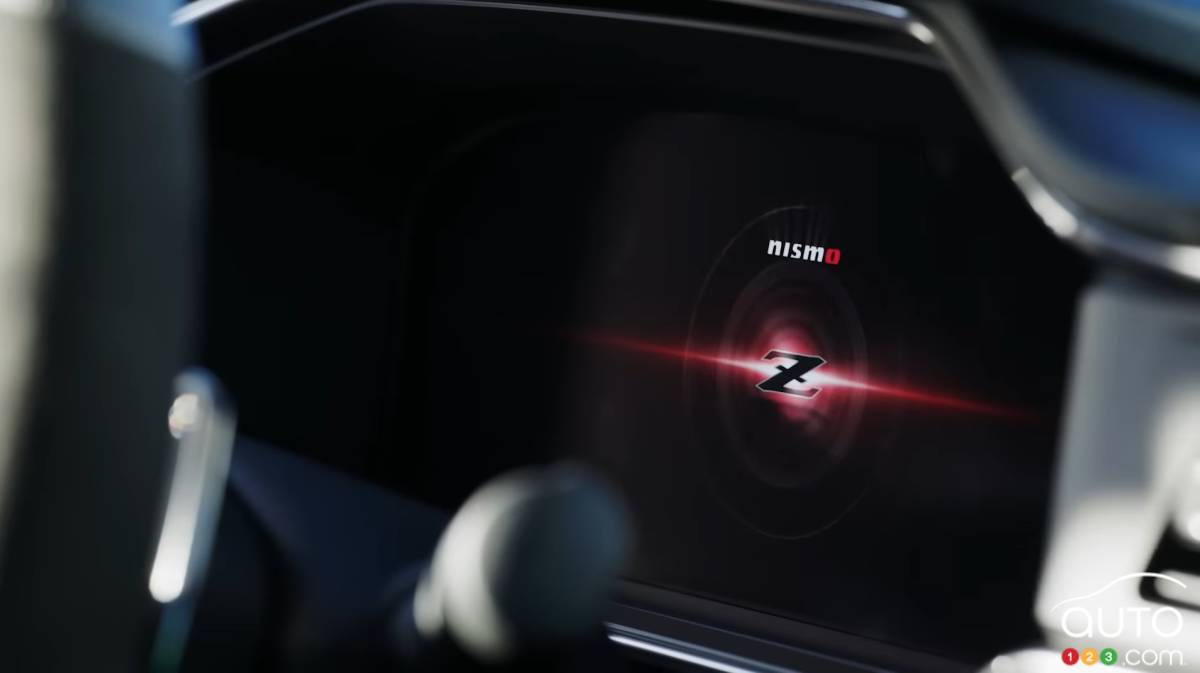
 6/26/2023
6/26/2023


Nissan Z NISMO Could Get Only an Auto Transmission
6/26/2023Infiniti Redesigns its Logo
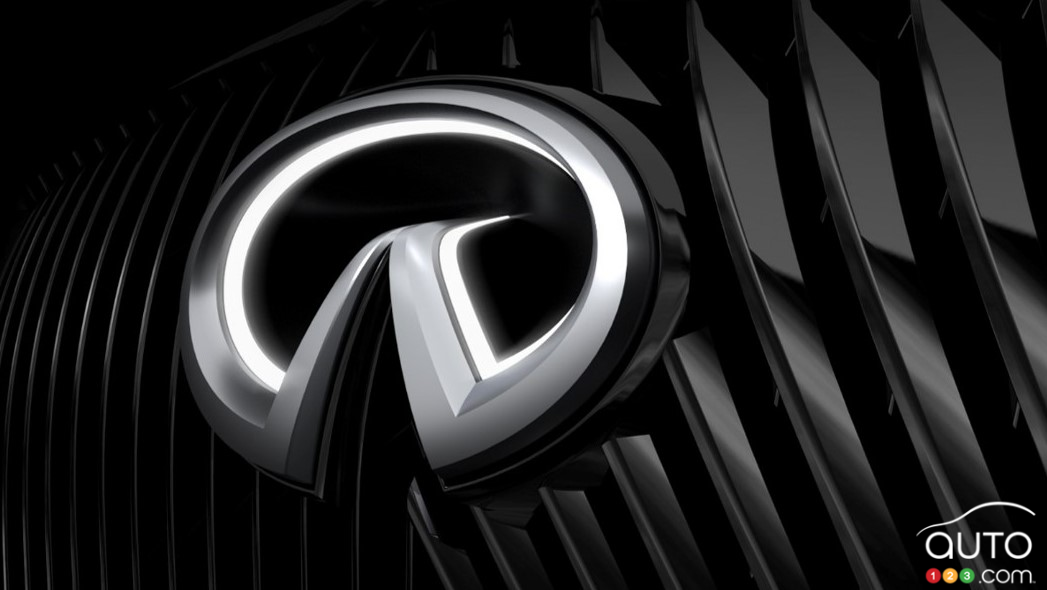
 6/26/2023
6/26/2023


Infiniti Redesigns its Logo
6/26/20232023 Toyota Tundra Capstone Long-Term Review, Part 3: The Truck That Talks

 6/26/2023
6/26/2023


2023 Toyota Tundra Capstone Long-Term Review, Part 3: The Truck That Talks
6/26/2023Honda Recalls 1.2 Million Vehicles Over Rearview Camera Issue
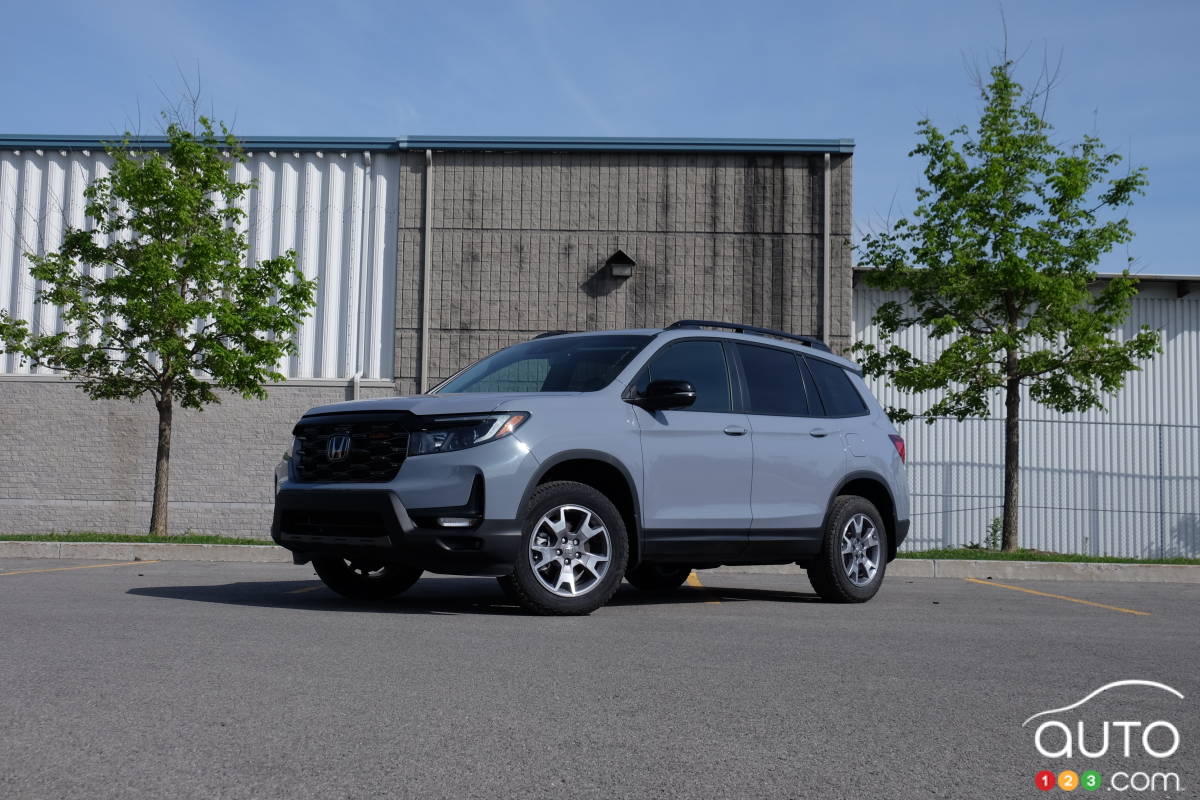
 6/26/2023
6/26/2023
Honda Recalls 1.2 Million Vehicles Over Rearview Camera Issue
6/26/20232023 Hybrid and Electric Car Guide: The All-Electric Vehicles
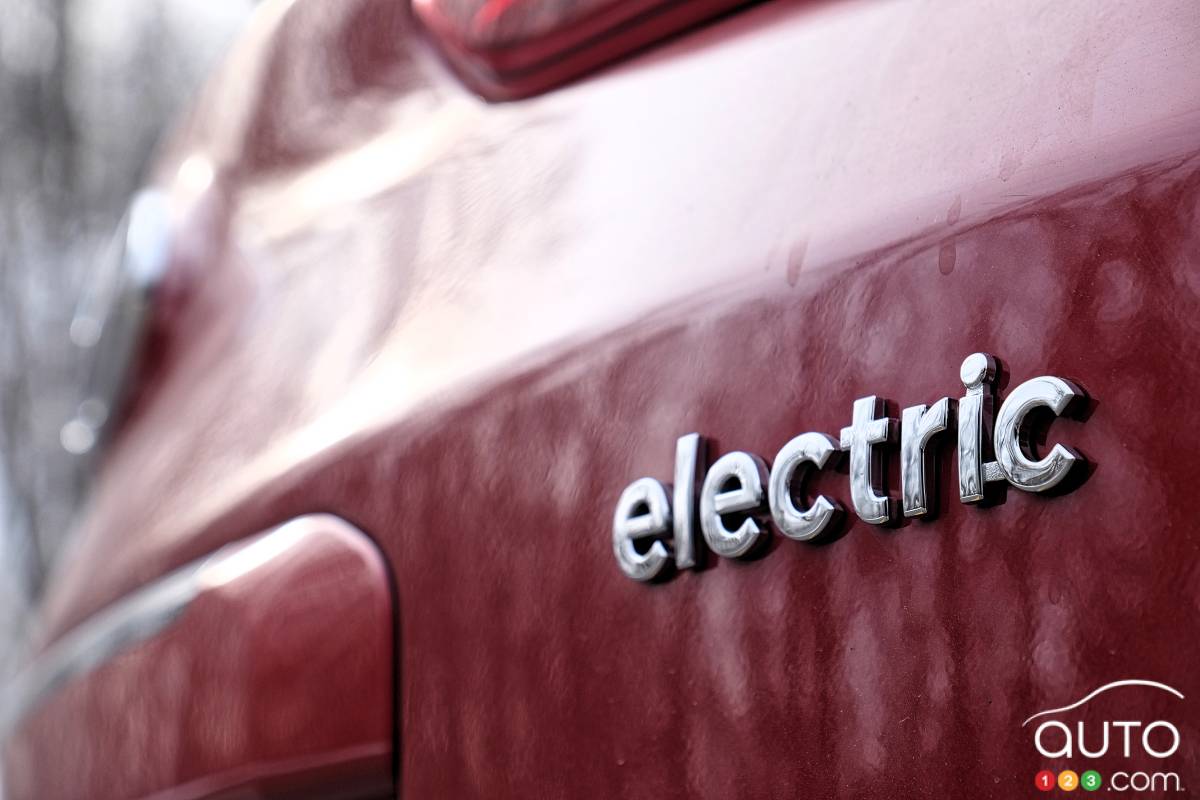
 6/23/2023
6/23/2023


2023 Hybrid and Electric Car Guide: The All-Electric Vehicles
6/23/2023The Baja 1000 - The ultimate off-road racing challenge in 2023.

 6/22/2023
6/22/2023


The Baja 1000 - The ultimate off-road racing challenge in 2023.
Discover in this detailed article the history of the Baja 1000 Peninsula, the most famous race in North America, as well as the Quebec participants of the 2023 edition.
6/22/2023Nissan Teases Next Z NISMO with Drift Video
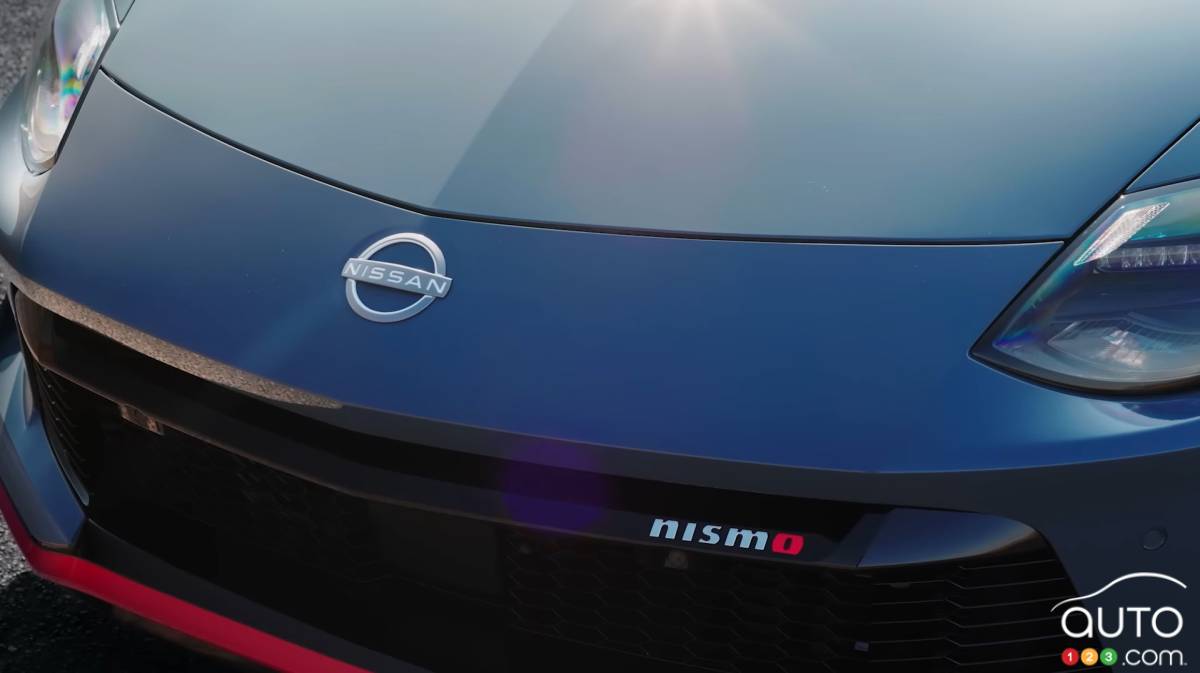
 6/22/2023
6/22/2023


